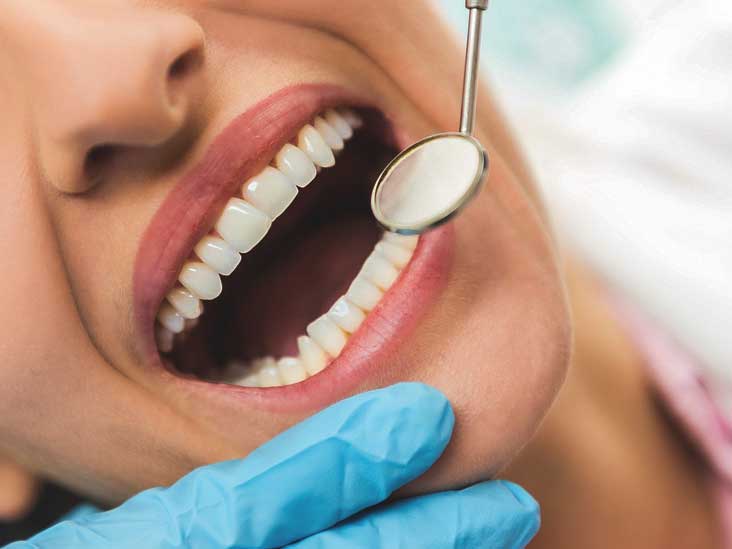The permanent teeth of your children continue to come in over a number of years as they continue to grow. Unfortunately, their teeth do not always come in correctly. They might be rotated, crooked, or imperfect in some other ways. In order to adjust the position of those teeth to avoid any dental issues, many teenagers and children end up needing to have orthodontic care.
Every year there are millions of teenagers who need braces or some other type of treatment.Before proceeding with any type of treatment, parents need to become educated on the basic types of orthodontic treatment that are available. This will help to ensure that they make an informed decision regarding the care received by their children.
Child Jaw Development
Using braces is the most common kind of treatment. They are appliances that exert steady pressure on teeth over several months or years in order to adjust the position of the teeth. Not only do they straighten teeth, but they also help to ensure proper development of the jaws so that children don't end up with a misaligned bite.
Dr Theo Spyrakis from Bexley Dental say’s, “one of the most important aspects of childhood development is good oral health. Healthy baby teeth enable children to eat and chew solid foods efficiently, are essential in the development of their jawbone to ensure there is enough space for adult teeth to come through in their correct position and prevent crowding or spaces between teeth from occurring. Baby teeth also help with sounding words correctly as children learn to talk”.
The Front or Back Braces Option
Braces traditionally were made of metal brackets that bond to each tooth and are connected via a flexible wire. The wires get adjusted at every appointment so that the teeth will move into the correct positions. Although the brackets are frequently mounted onto the front of every tooth, they may also be put on the back so that they are not as noticeable.
Rubber Bands for More Pressure
If more pressure is necessary for adjusting the teeth, then the orthodontist might recommend using rubber bands, which are also called elastics. They are used for connecting two teeth together, usually one on the bottom and one on top. Rubber bands might be worn just at night, or your orthodontist might want you to wear them all of the time.
Day and Night Removable Trays
There are removable trays that may be used for adjusting the position of a child's teeth. That way it isn't necessary for brackets to be bonded to every tooth. The trays are made out of plastic and then moulded into the proper positions. When they are worn day and night, then pressure may be exerted on the teeth, like with braces. However, the trays are frequently more expensive and might not be well suited for all patients.
After Braces Removable Retainer
After your child's braces are removed, they will probably need to wear a retainer. Those appliances make sure the teeth stay in the proper position without braces needing to be used. Retainers may be permanent or removable.
Removable retainers are made out of rubber or plastic and go over the teeth. The orthodontist might want your child to always wear the retainer, or it might be necessary to wear it at night only. A permanent retainer is made up of a metal wire that gets bonded to the back part of the teeth so that they won't move around and become misaligned once again.
Colgate state’s, “the disadvantage of a removable retainer after braces is the fact that it can be lost or damaged and can even melt or change shape if it is exposed to high heat. It is also very important not to leave the retainer lying around the house since pets love to chew them! When wrapping retainers in tissues or paper towels, they tend to get thrown out. Most orthodontists and general dentists charge a few hundred dollars to replace retainers, so people with removable retainers should find a safe way to store them in a plastic retainer case.
Orthodontic Headgear
In severe cases your child might need more care and require orthodontic headgear. Make sure you thoroughly discuss all of your options with an orthodontist before you proceed with your child's orthodontic treatment.


